In September, Apple will present us with the new iPhone 14 generation, which is expected to come with a number of rather interesting changes. Most often, there is talk of a substantial improvement for the camera, the removal of the cutout (notch) or the use of an older chipset, which should only apply to the basic iPhone 14 and iPhone 14 Max/Plus models. On the other hand, more advanced Pro models can more or less count on the new generation Apple A16 Bionic chip. This potential change started a rather extensive discussion among apple growers.
It could be interest you
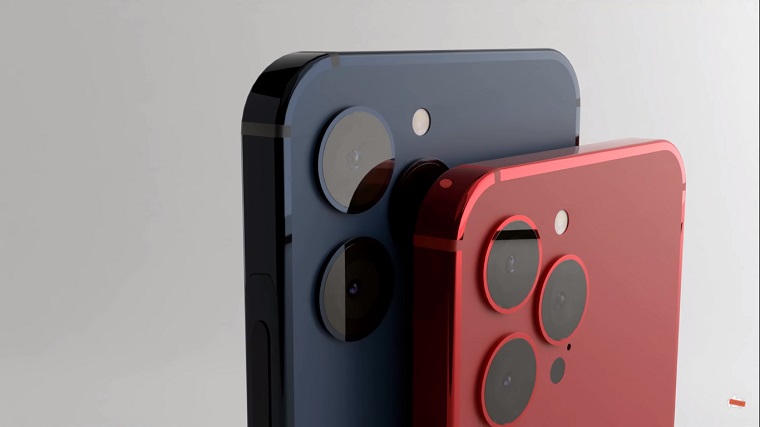
Therefore, threads often appear on the discussion forums, where people debate a number of things - why Apple wants to resort to this change, how it will profit from it, and whether end users will not be deprived of something. Although it is true that in terms of performance Apple chipsets are miles away and there is no danger that the iPhone 14 will suffer in any way, there are still various concerns. For example, about the length of software support, which until now was more or less determined by the chip used.
Used chip and software support
One of the main advantages of Apple phones, which the competition can only dream of, is several years of software support. The unwritten rule is that the support reaches about five years and is determined according to the specific chip that is in the given device. It is easy to see with an example. If we take the iPhone 7, for example, we will find the A10 Fusion (2016) chip in it. This phone can still handle the current iOS 15 (2021) operating system flawlessly, but it has not yet received support for iOS 16 (2022), which is due to be released to the public in the coming months.
That is why apple growers are understandably starting to worry. If the base iPhone 14 gets last year's Apple A15 Bionic chipset, does that mean they'll only get four years of software support instead of five years? Although at first glance it may seem like a done deal, it certainly doesn't have to mean anything yet. If we were to go back to the mentioned support for iOS 15, it was also received by the relatively old iPhone 6S, which even received up to six years of support during its existence.
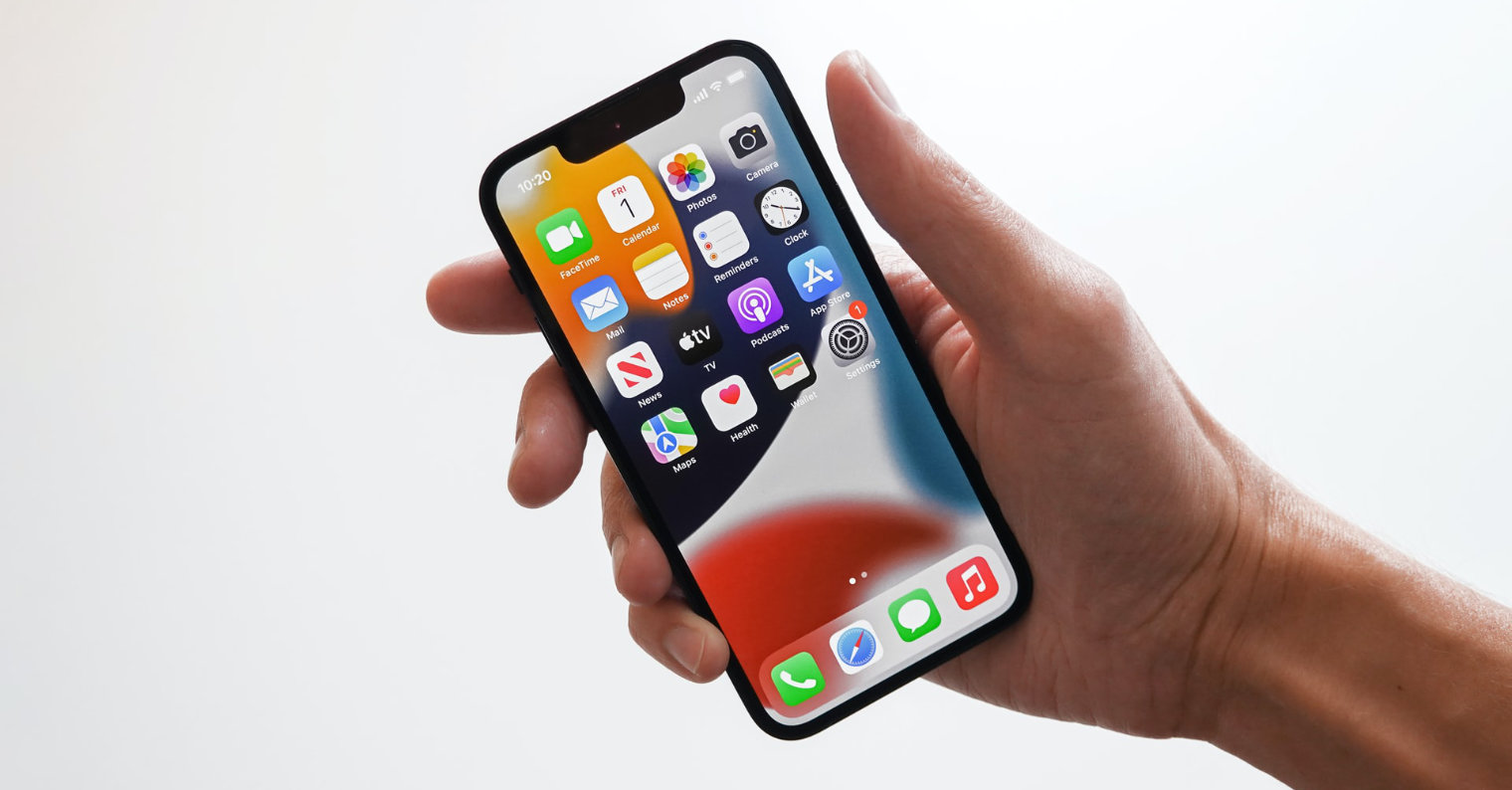
What kind of support will the iPhone 14 get?
Of course, only Apple knows the answer to the mentioned question for now, so we can only speculate about how it will probably be in the final. We will simply have to wait and see how things turn out with the expected iPhones. But we probably don't have to expect any fundamental changes. For the time being, Apple users agree that the new phones will be exactly the same in terms of software support. Even so, we could expect a traditional five-year cycle from them. If Apple decided to change these unwritten rules, it would significantly undermine its own confidence. For many apple growers, software support is the main benefit of the entire apple platform.
It could be interest you
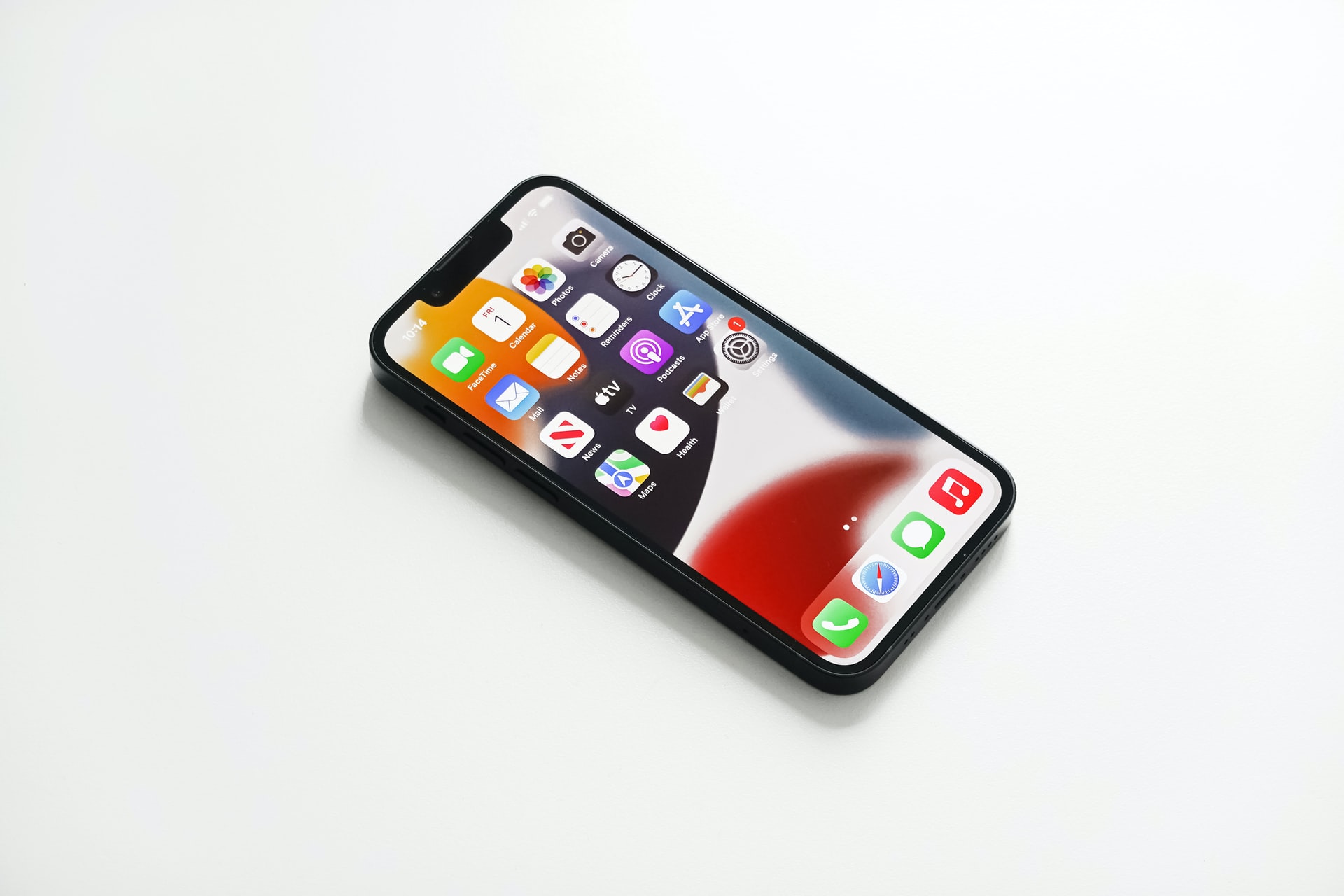
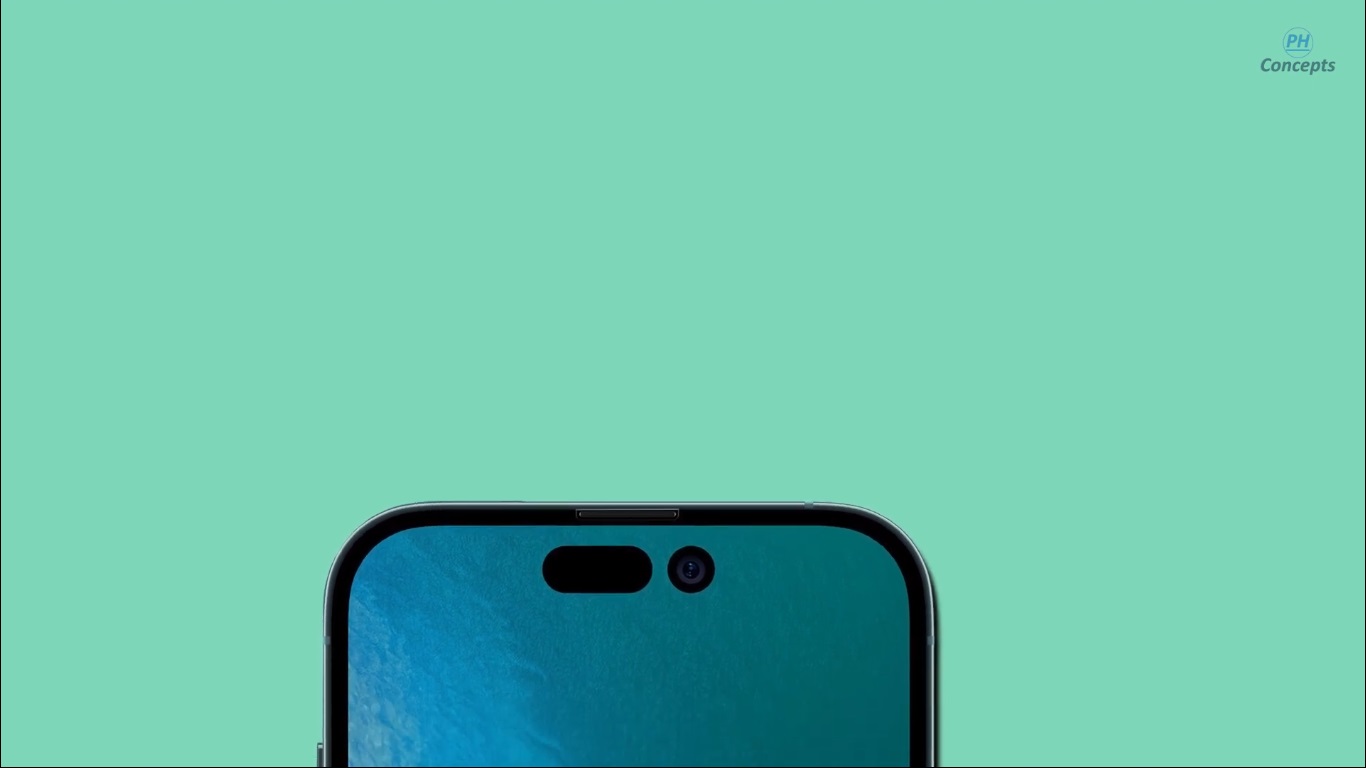
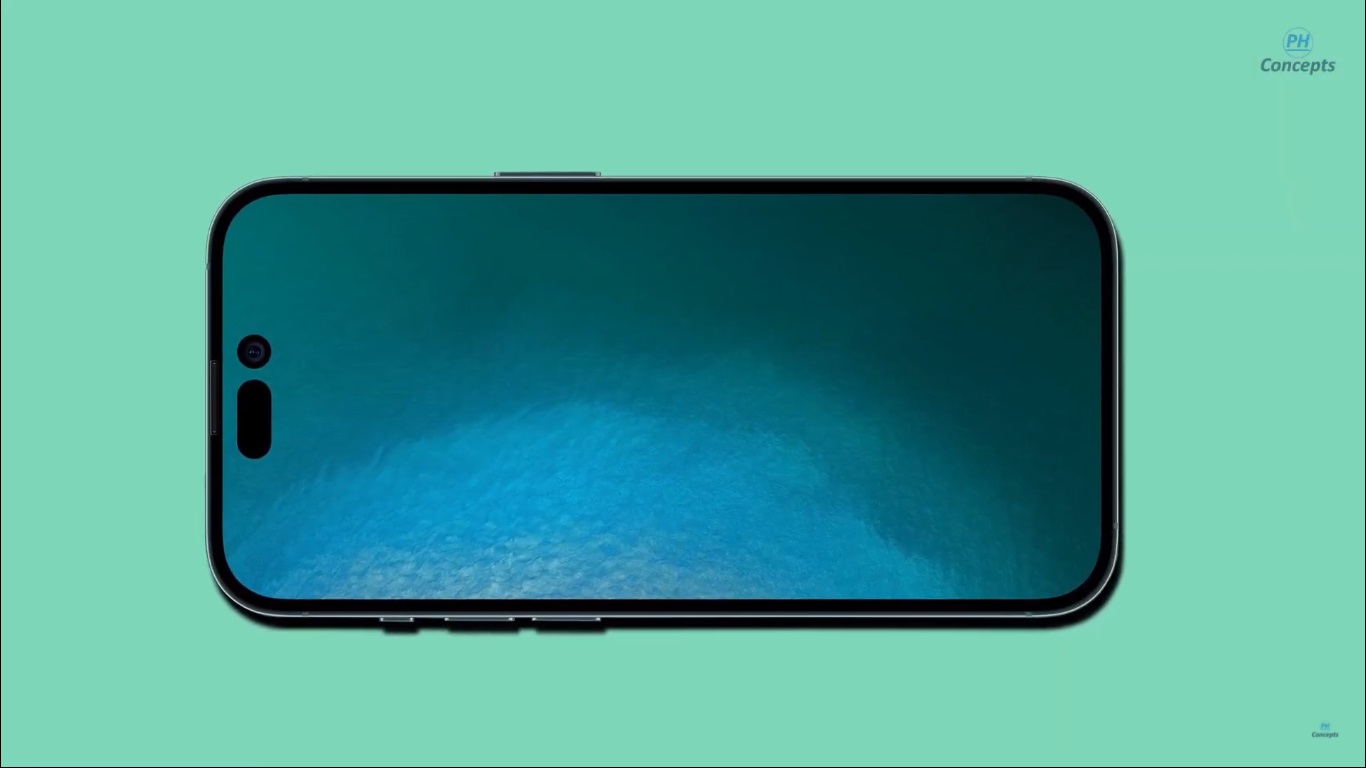
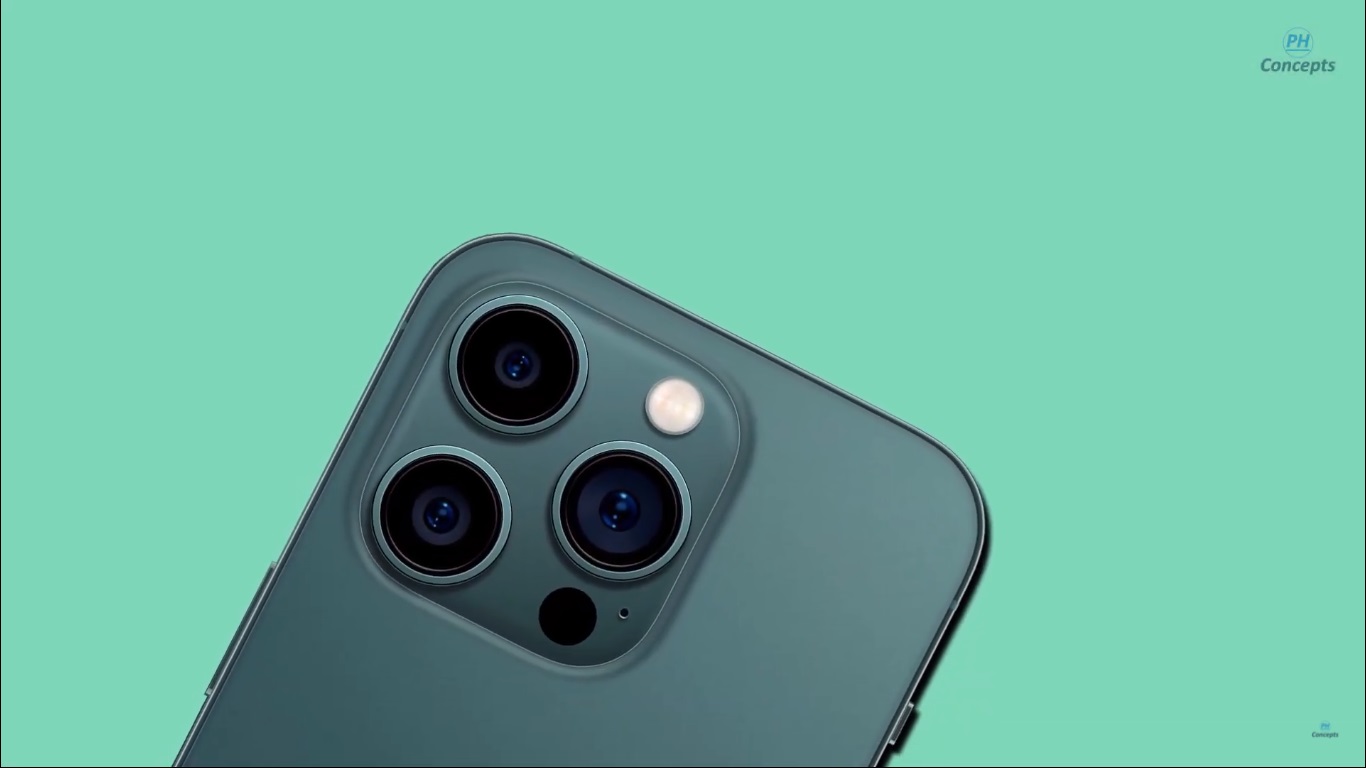
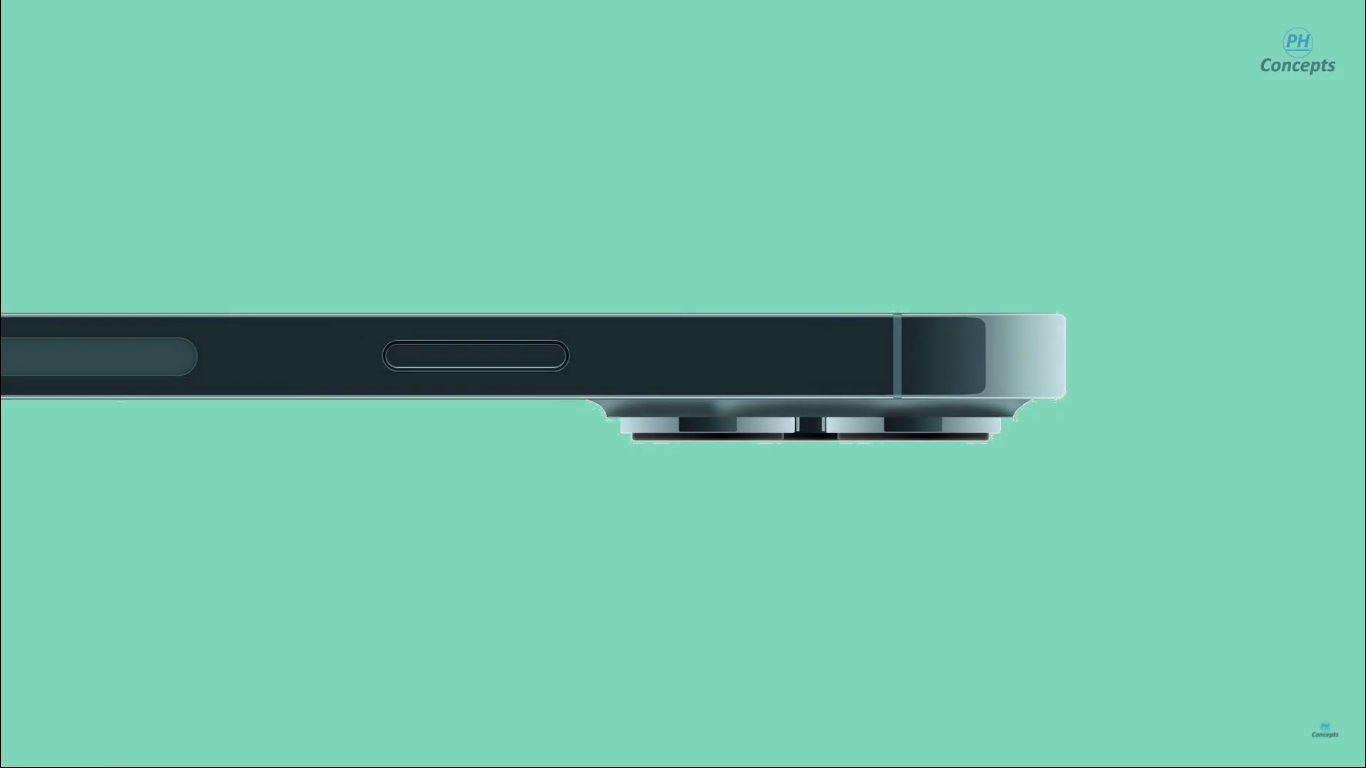
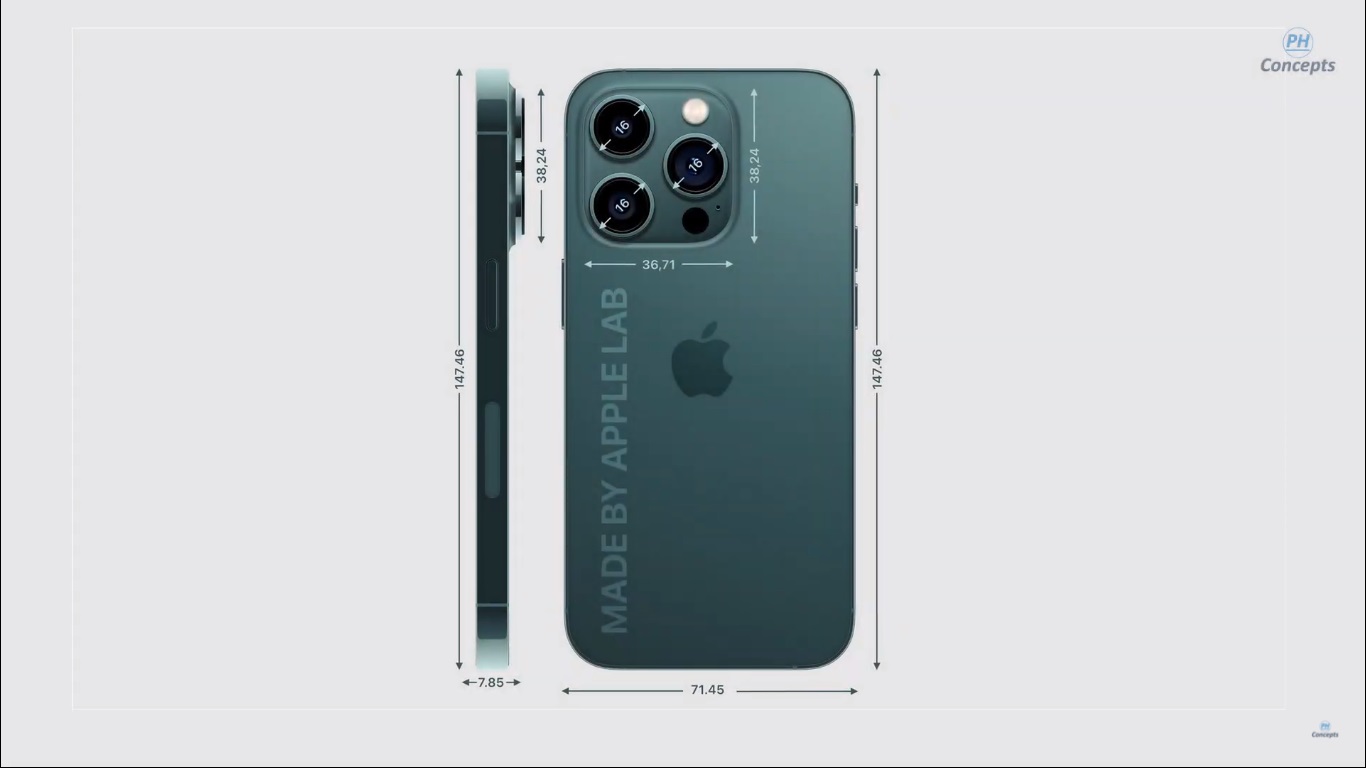
So does this mean that I, who bought an iPhone 13, will not have support for this model for 5 years?
You got it wrong. In theory, this change can only affect the 14 model and above, because the basic 14 will have the same support as the iPhone 13, meaning that its support will end earlier than the 14 Pro version. But it is a very big speculation, on a very theoretical level, this could be the result of a lack of chips, so even the "old" A15 has more than enough performance. Apple can therefore easily extend the life to the same level even with an older processor, just as it did with the iPhone 6S and 6S Plus. In any case, you don't have to be excited about this with 13, it will "drive" according to the old order.
So the iPhone 13 will normally have support for 5 years?
Probably yes, no one knows, they don't say that anywhere... so don't worry... life is one big roulette))
The example with the iPhone 7 is not entirely happy. I still have such an iPad with the same A10 iOS 16, so it is purely an artificial device.
I have a question, as I currently bought 3 pro max 12 months ago, will there be support like Apple 13? At least 4 years?
No, my older processor won't run, it will be a year shorter there :)